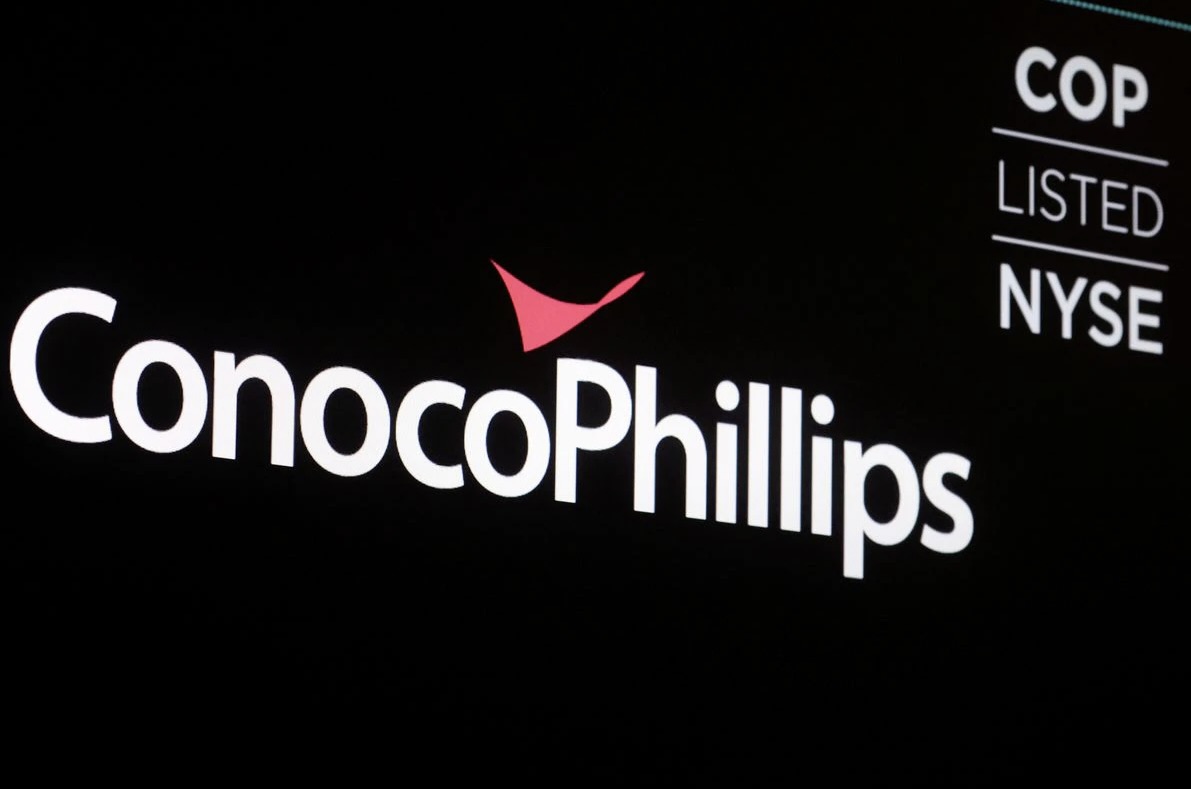 A screen displays the logo for ConocoPhillips on the floor of the New York Stock Exchange (NYSE) in New York City, U.S., April 6, 2022. REUTERS/Brendan McDermid
A screen displays the logo for ConocoPhillips on the floor of the New York Stock Exchange (NYSE) in New York City, U.S., April 6, 2022. REUTERS/Brendan McDermid
QatarEnergy's chief executive on Sunday named ConocoPhillips (COP.N) as the third and final partner on the Gulf Arab state's North Field South expansion, part of the world's largest liquefied natural gas (LNG) project.
ConocoPhillips will have a 6.25% interest in the project, Saad al-Kaabi told a news conference.
State-owned QatarEnergy had already announced Shell and TotalEnergies as partners in the North Field South expansion and Kaabi said each would hold a 9.375% stake.
The North Field is part of the world's biggest gas field that Qatar shares with Iran, which calls its share South Pars.
QatarEnergy earlier this year signed deals for North Field East, the first and larger phase of the two-phase North Field expansion plan, which includes six LNG trains that will ramp up Qatar's liquefaction capacity to 126 million tonnes per year by 2027 from 77 million tonnes.
LNG supplies and capacity have taken on special importance since the war in Ukraine has led to cuts in Moscow's gas supplies.
Kaabi said discussions continued with several Asian buyers as "value-added partners" that "will have a small equity participation" on the North Field expansion, but that the Western international partners were all announced.
Several supply agreements were being discussed in relation to the North Field expansion, he said, adding that there would be announcements in due course.
"It's difficult to give a timeline on when these will be ready," he said.
Kaabi also said that Golden Pass, a LNG facility in Texas jointly owned by QatarEnergy and ExxonMobil (XOM.N), would start exporting gas by the fourth quarter of 2024.
ConocoPhillips CEO Ryan Lance told the news conference in Doha that curbs to fuel exports, which U.S. President Joe Biden's administration is considering to lower consumer prices, would be a bad in the long-term for the United States.
"If you start to restrict access going into global markets, you restrict the supply that's out there, the price will go up," Lance said. "And since they trade on a global market, the U.S. price would go up as well."
